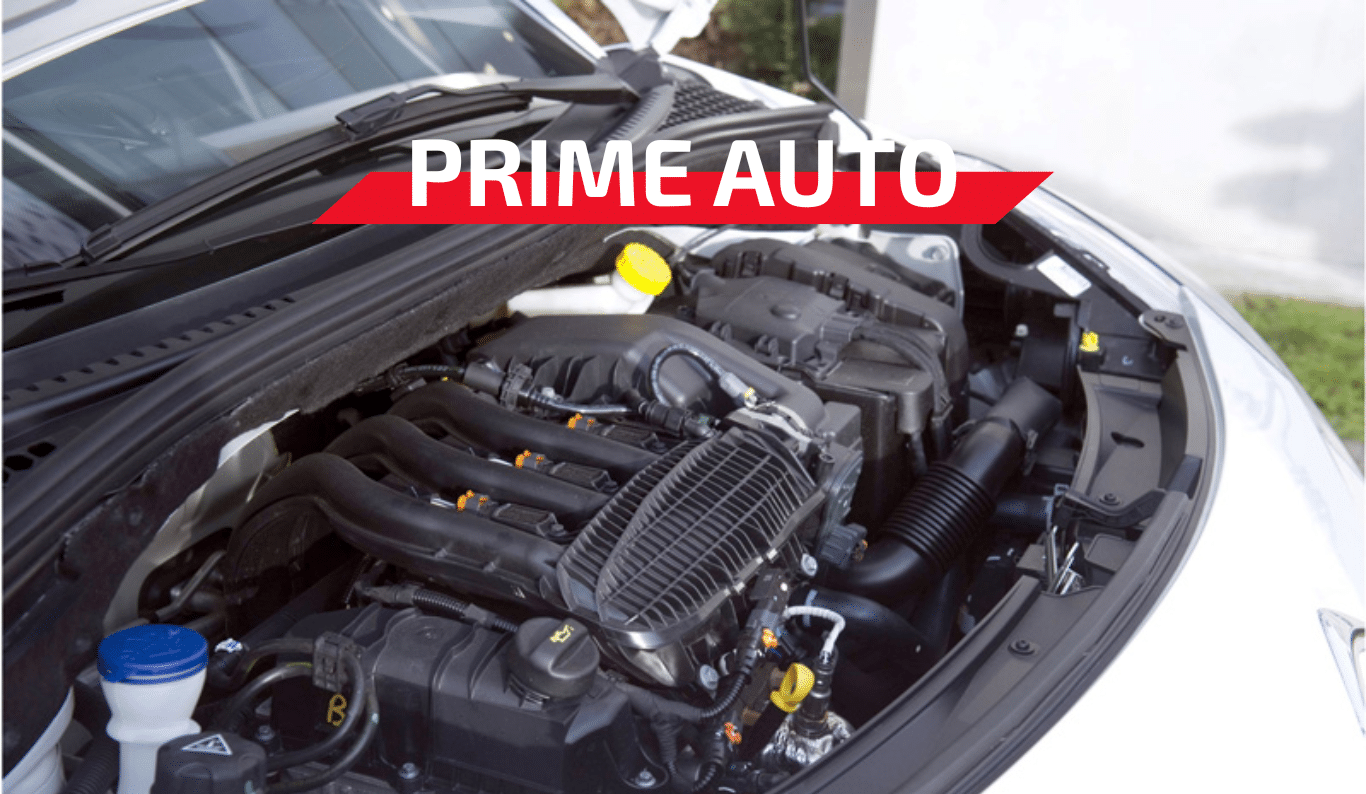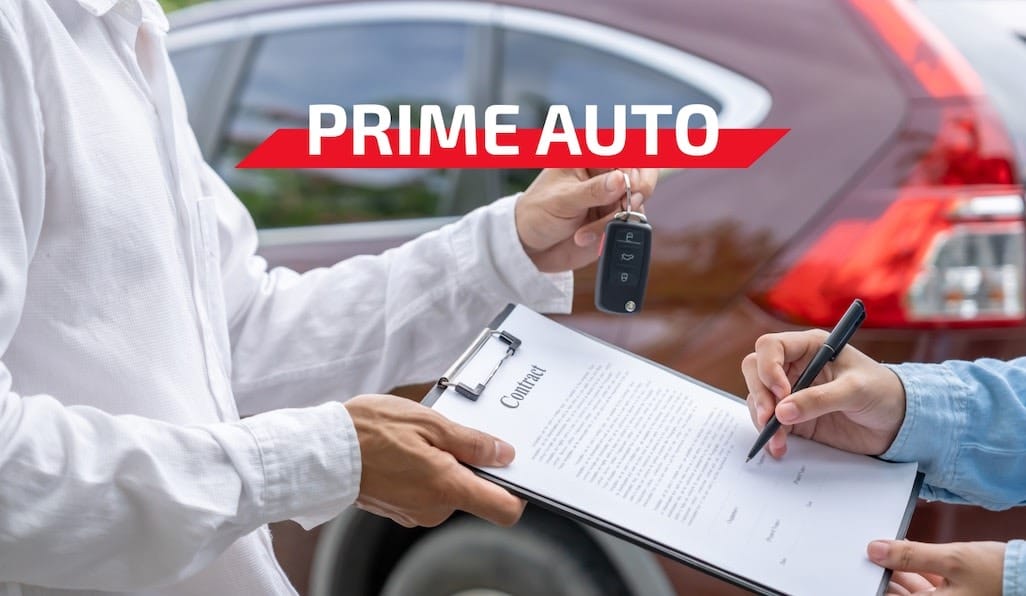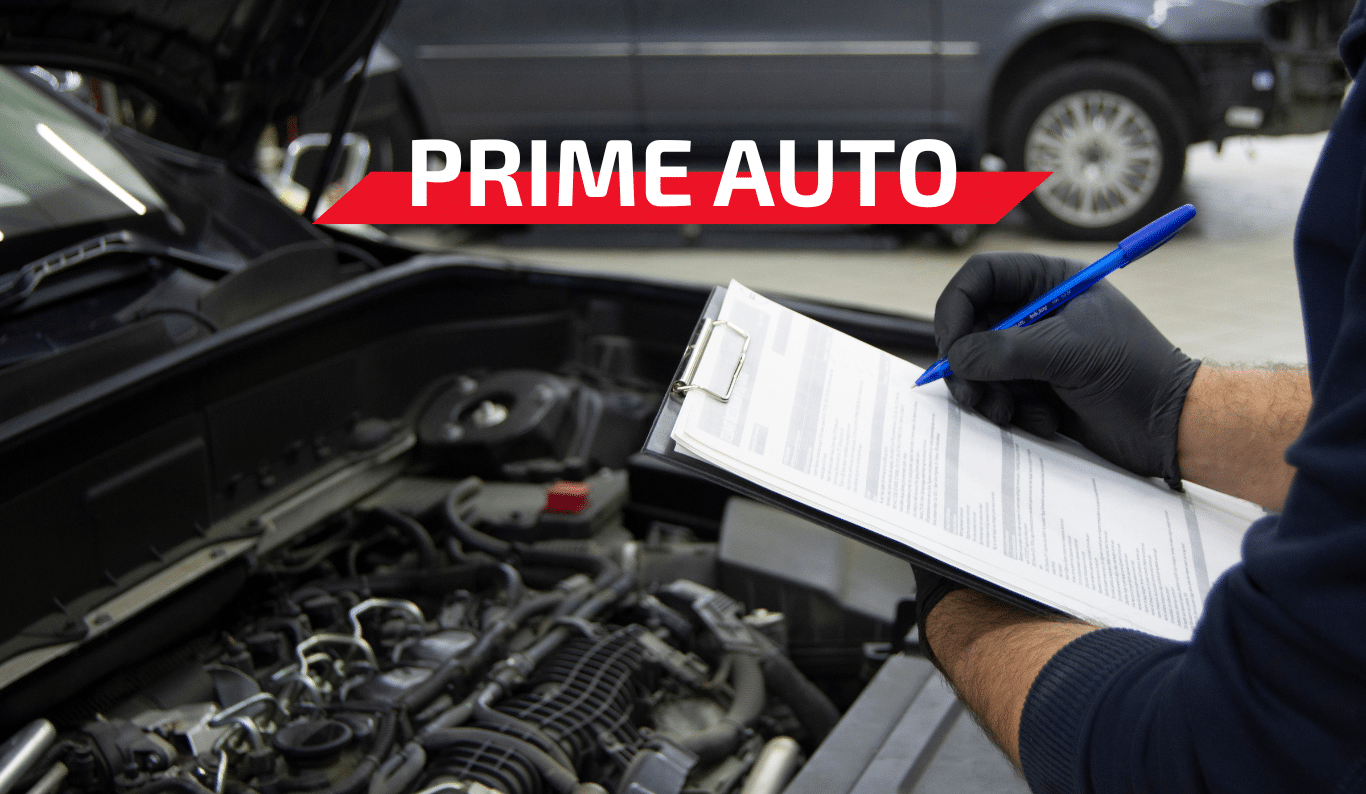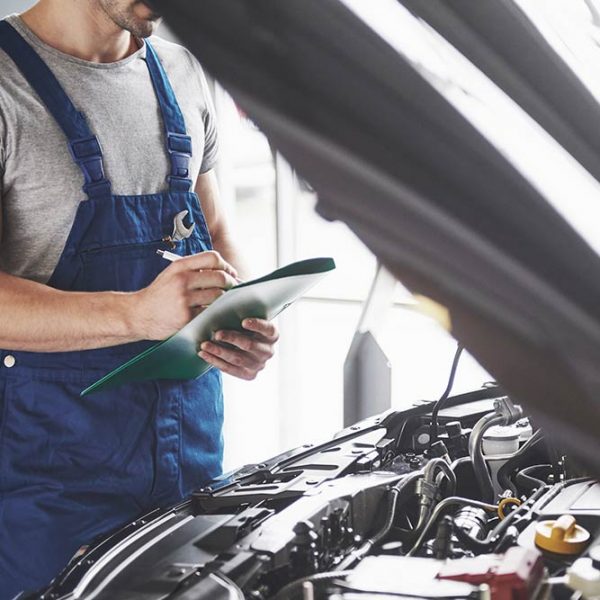Engine Noise Causes: Powering Your Peace of Mind
This guide will help you identify these crucial sounds, understand their implications, and know precisely when it’s time to bring your vehicle to Prime Auto for expert attention. We’re here to ensure your peace of mind on Gibraltar’s roads.

What's That Noise? Understanding Your Engine Noise Causes
When your car starts making unusual sounds, it’s often trying to tell you something important. Think of these noises as warning signals! Here’s a simple guide to common engine sounds and what they might mean for your vehicle in Gibraltar.
1
Tapping or Ticking from the Engine
(Often Gets Faster When You Speed Up)
What it sounds like: A light, rhythmic “tap-tap-tap” or “tick-tick-tick” that usually gets quicker as you accelerate. It can sometimes sound like a tiny hammer tapping inside your engine.
What it often means: Engine Noise Causes This is a really important one!
Low Engine Oil: This is often the main culprit. If your engine doesn’t have enough oil, its moving parts aren’t getting the lubrication they need, causing them to tap. This is serious and needs checking straight away!
Worn Engine Parts: Over time, some smaller parts inside the engine that help it run smoothly can wear out, causing a tapping sound.
Exhaust Leak: Sometimes, a small leak in your exhaust system (where gases leave the engine) can create a ticking sound.
What to do: This is High Urgency. If you hear a persistent tapping, especially if it’s new, check your oil level immediately. If it’s low, top it up. Even if it’s not low, a tapping noise means your engine needs professional attention fast to prevent major damage.
2
Whining or Humming from Under the Bonnet
(Changes with Engine Speed or Steering)
What it sounds like: A continuous, high-pitched “whine” or “hum” that you hear from under the bonnet. It might get louder when you accelerate, or when you turn the steering wheel.
What it often means: Engine Noise Causes This usually points to one of the parts connected to your engine that helps it run:
Loose or Worn Belts: Your car has belts that power things like the steering and electricity. If one is loose or worn, it can whine.
Power Steering Problem: If the whining gets louder when you turn the wheel, it could mean your power steering fluid is low or the pump itself is having trouble.
Alternator Issues: The alternator charges your car’s battery. If it’s struggling, it can make a whining noise.
Water Pump Trouble: The water pump keeps your engine cool. If its bearings are worn, it can hum or whine.
What to do: This is Moderate Urgency. While not always an immediate breakdown risk, these parts are vital. Ignoring a whine could lead to your car overheating, losing power steering, or having battery issues. Get it checked soon.
3
Deep Roaring or Growling
(Especially When Accelerating or at Higher Speeds)
What it sounds like: A deep, rumbling “roooaaar” or “growl” that gets louder as you speed up. It can sound like a loud exhaust.
What it often means: Engine Noise Causes This can come from a few places, but it’s important to know which:
Exhaust Leak: The most common cause. A hole or crack in your exhaust system lets engine gases escape loudly, creating a deep roar. This needs fixing to prevent harmful fumes and keep your car running efficiently.
Worn Wheel Bearings: Sometimes, a “roaring” sound that gets louder with speed (even if you’re not accelerating) can actually come from your wheels, not the engine. This means the wheel bearings are worn out.
Serious Engine Problem: In rarer, more serious cases, a deep growl coming directly from the engine could mean big trouble inside, like worn-out internal engine parts.
What to do: This is Moderate Urgency. An exhaust leak needs sorting for safety and performance. If it’s a wheel bearing, it affects handling and should be replaced. If it’s a deep growl directly from the engine, stop driving and call for assistance immediately, as this could be very serious.
What to Do When You Hear a Worrying Noise
Engine Noise Causes Don’t ignore any new or persistent sounds from your car, especially from the engine. They’re telling you something for a reason!
Don’t Panic: Try to notice when the noise happens (e.g., braking, turning, accelerating) and what it sounds like.
Safety First: If the noise is very loud, comes with smoke, or causes your car to feel unsafe, pull over immediately.
Contact Prime Auto: For any concerning sound, the best thing to do is have a professional look at it. Early detection can save you a lot of money and hassle down the road.
TOP 5 TIPS
Don't Miss These Related articles:
MOT – Roadworthiness testing
In Gibraltar all private cars over four years old are required to undertake a roadworthiness test every two years.
Goods, Self Drive and Public Service Vehicles (PSV) must take a roadworthiness test every year.
PSVs over 12 years old require a roadworthiness test every 6 months.
You can book an MOT using E-Gov link below or we can take care of everything for you.










